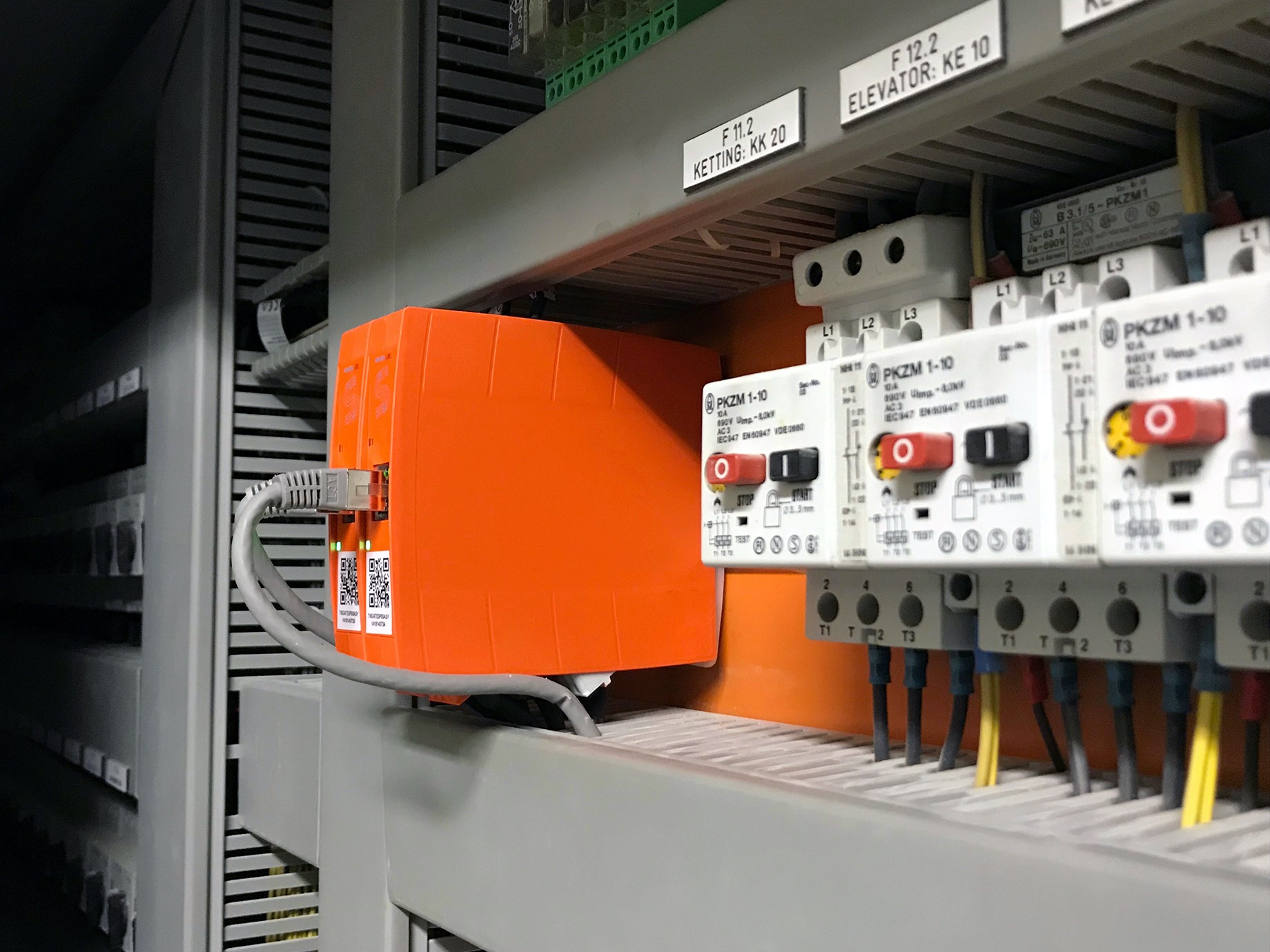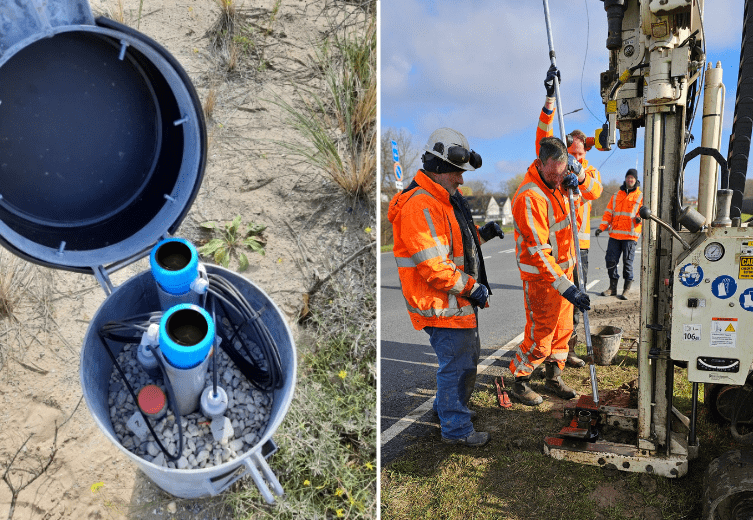Samotics, a leading provider of real-time actionable insights to eliminate industrial energy waste and unplanned downtime, is starting the roll out of edge analytics for remote and offshore customers. By performing analytics on the edge, Samotics’ SAM4 Health solution benefits from reduced bandwidth requirements to process and transfer data, which makes it easily accessible in remote and offshore locations.
SAM4 Health is a proven system which supports global industries to monitor the performance and efficiency of critical assets. Underpinned by a technique called electrical signature analysis (ESA), it analyzes the current and voltage signals of electric-driven equipment such as motors, pumps and conveyors. The system’s sensors install in the motor control cabinet, rather than on the machine being monitored, enabling reliable, remote capture of asset health data. Now with the addition of edge analytics, SAM4 Health can provide insight into equipment health with greater speed and accuracy without network restrictions, providing greater access for remote and offshore organizations.
Solving a challenge
For many organizations with industrial assets located in remote geographies with limited and unreliable network connectivity, the immense amount of asset health data generated by connected devices can easily overwhelm their centralized data infrastructure. Edge analytics helps solve this challenge by collecting, storing, processing and analyzing data at the location where it is created, on the devices at the edge.
In addition to remote monitoring, remote and offshore customers can now achieve greater control over data movement and storage by creating, hosting, and processing data in one place. With data regulation increasing, this centralized approach can help organizations meet stringent data privacy and data sovereignty requirements.
Thijs Bootsma, Head of Asset Health at Samotics said: “We’re always looking to improve and enhance our services and we’ve seen the potential of edge analytics to help our customers unlock the power of their data. Therefore, we’ve invested in enhancing our data processing capabilities on the edge to reduce our data communication while being able to generate failure indicators near real-time. This allows us to offer a complete solution to customers in remote, low-bandwidth locations. We look forward to selectively rolling out this feature in the coming months to our customers, who experience network restrictions.”




